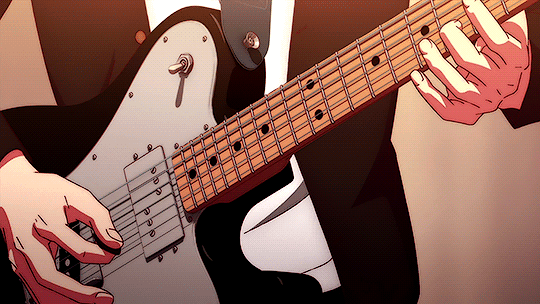Can Independent Artists Thrive Without Labels?
The music industry has undergone a seismic shift with the rise of Web 2.0, dismantling traditional gatekeepers and granting independent artists direct access to global audiences. Social media, streaming platforms, and digital marketing tools have democratized the landscape, allowing artists to carve out successful careers without the backing of major labels. However, this new era of accessibility comes with its own challenges—while the barriers to entry have fallen, competition has never been fiercer.
For independent artists navigating this democratized industry, music veterans stress the importance of high-quality production and a unique artistic identity. Without these elements, standing out in an oversaturated market is nearly impossible.
The Demand for Authenticity and Polish
“The digital age rewards authenticity, but it also demands polish,” says Kofi Asare, a Kumasi-based producer known for his work with rising Afrobeat and hip-life acts. “Listeners today have endless choices. If your sound isn’t distinctive or your mix is subpar, they’ll scroll past you in seconds.”
This sentiment resonates deeply in Ghana’s thriving indie scene, where artists like Sarkodie and Kuami Eugene have proven that success outside the traditional label system is possible—but only with meticulous craftsmanship. The industry no longer solely values raw talent; instead, it prioritizes artists who can deliver both originality and professional-grade quality.
Production: The Make-or-Break Factor
Investing in professional-grade production remains non-negotiable for independent artists. While home studios equipped with affordable technology—such as USB microphones and free Digital Audio Workstations (DAWs)—have made recording more accessible, industry insiders stress that collaboration with seasoned producers is key to elevating a track’s quality.
“A skilled producer isn’t just a technician; they’re a creative partner,” notes Asare. “They help translate your vision into something that resonates with listeners.”
For emerging artists, working with a producer can bridge the gap between an amateur-sounding track and a polished hit. While self-production is possible, having an experienced collaborator ensures that the final product meets industry standards, improving its chances of standing out on streaming platforms.
Marketing: The New Record Label
In the absence of traditional label-backed promotions, independent artists must embrace strategic marketing. Platforms like TikTok, Instagram Reels, and YouTube Shorts have become powerful tools for music discovery. Viral moments can catapult unknown artists into mainstream visibility overnight, as seen in the success stories of acts like Lil Nas X and Doja Cat.
However, virality isn’t a guaranteed formula, making consistent engagement and branding crucial. Artists must actively curate their online presence, engage with fans, and utilize data-driven insights to optimize their reach. Social media algorithms favor frequent content, making it essential for artists to post regularly and interact with their audience.
Financial Independence and Alternative Revenue Streams
One of the biggest advantages of being independent is retaining control over one’s earnings. Without a label taking a significant cut, artists have the potential to earn more per stream, ticket sale, and merchandise purchase. Yet, financial independence requires smart monetization strategies.
Streaming revenue alone is rarely enough to sustain an artist’s career. Therefore, indie musicians must explore alternative income streams such as:
- Merchandising – Selling custom apparel, vinyl records, and exclusive merchandise.
- Live Performances – Touring and performing at festivals remain major income sources.
- Brand Collaborations – Partnering with brands for sponsorships and promotional deals.
- Crowdfunding – Platforms like Patreon allow fans to support artists directly.
- Sync Licensing – Licensing music for use in films, TV shows, and advertisements.
Building a Loyal Fanbase
Success as an independent artist is less about achieving mainstream fame and more about cultivating a dedicated fanbase. With direct-to-fan platforms like Bandcamp and Substack, artists can maintain closer relationships with their supporters, creating a sustainable career even without millions of monthly listeners.
Community-building strategies such as exclusive behind-the-scenes content, personalized interactions, and special access to unreleased music can deepen fan loyalty. Engaged listeners are more likely to attend live shows, purchase merchandise, and support an artist through crowdfunding.
Distribution and Streaming Strategies
Getting music onto major streaming platforms without a label is now easier than ever, thanks to digital distribution services like DistroKid, TuneCore, and CD Baby. These platforms enable artists to release music on Spotify, Apple Music, and other services while keeping a significant percentage of their royalties. However, simply uploading music isn’t enough—strategic release planning is crucial.
Many successful independent artists implement release schedules that maximize engagement. For instance, dropping singles consistently rather than full albums keeps audiences engaged over time. Additionally, pitching tracks to editorial playlists and collaborating with playlist curators can boost visibility.
Challenges of Going Independent
While independence offers creative and financial control, it also requires a DIY mentality. Artists must wear multiple hats, managing marketing, finances, production, and promotion. Without the industry connections and resources of a major label, breaking into mainstream success is a more gradual process.
Furthermore, the financial burden of self-funding production, music videos, and promotional campaigns can be daunting. Many independent artists reinvest earnings back into their careers, often juggling multiple revenue streams to stay afloat.
The Future of Independent Music
The rise of Web 3.0, blockchain technology, and NFTs is set to further disrupt the music industry, offering new opportunities for independent artists. Decentralized platforms could enable musicians to sell their work directly to fans without intermediaries, ensuring greater financial rewards.
As the industry evolves, one thing remains clear: independence is no longer a limitation—it’s an opportunity. With the right combination of high-quality production, strategic marketing, financial planning, and fan engagement, independent artists can not only survive but thrive without traditional labels.
The new blueprint for music success is being rewritten, and independent artists are leading the charge.



